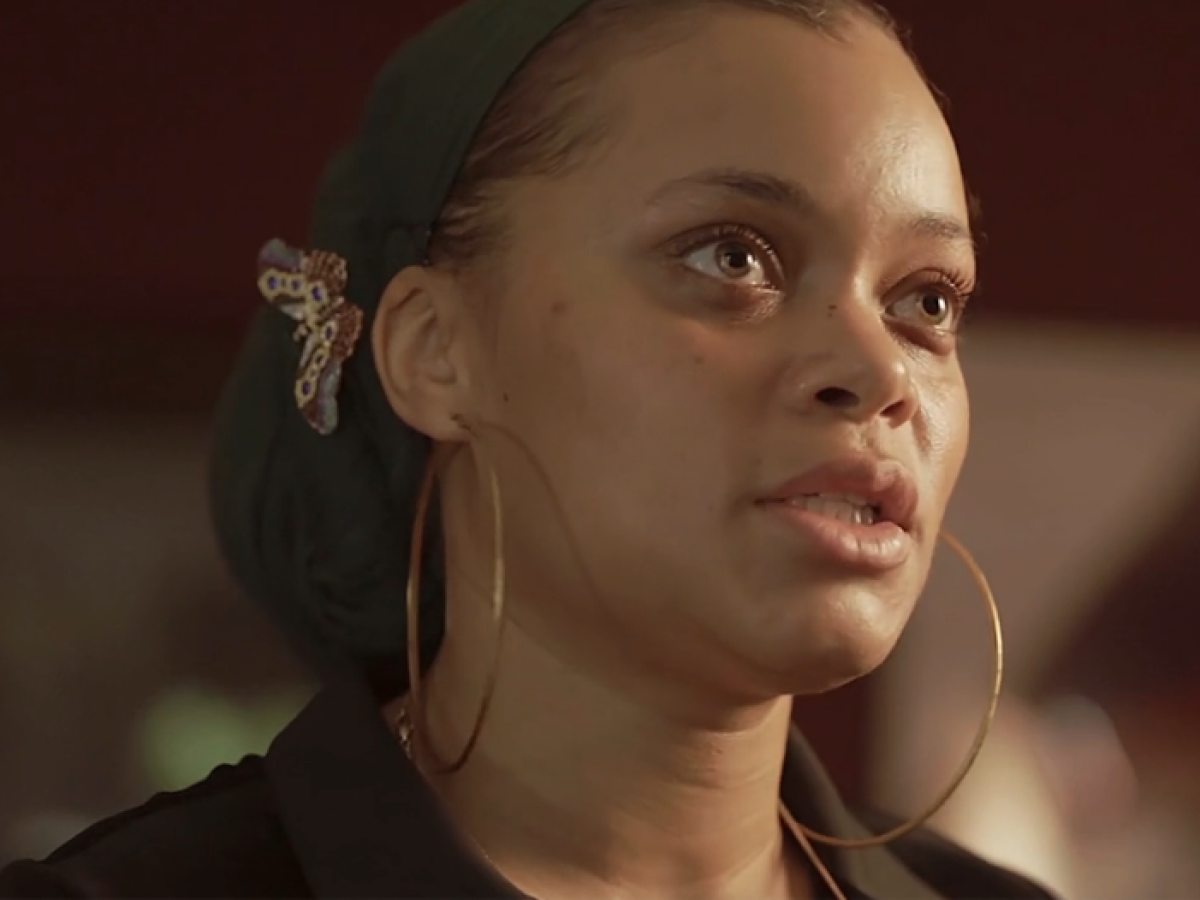
On January 4, OWN premiered the documentary Eggs Over Easy: Black Women & Fertility, which featured the stories of both notable women (i.e., Andra Day, actress Kellee Stewart and Keshia Knight Pulliam, who is an executive producer and narrator on the project) and everyday women. It was right on time, as many don’t realize that one in eight women experience infertility, though they may not open up about it.
The women’s experiences featured ran the gamut, from battles with fibroids and more health issues to miscarriage and stillbirths. There were journeys through the IVF process, an explanation of how surrogates work and why, a spotlight on medical disparities that have led to the Black maternal mortality crisis. Then there was a whole part on the decision to adopt and even the choice to not have kids at all. All of the accounts were gripping, especially the journey of Charmaine Broome and her husband, Tarrio, as we followed them on their rollercoaster but hope-filled ride to overcome infertility. Not only could we relate, but we also learned plenty from the two-hour film from executive producer and director Chiquita Lockley and fellow EP Phylicia Fant. Here are a few of the things that stood out most.
Black Women and Fibroids, Endometriosis and PCOS
Perhaps you’ve already heard that Black women are more likely to have fibroids, but the actual statistics are jarring. According to Dr. Amsu Anpu, a naturopathic doctor featured in the project, “African American women are four to five times more likely to develop fibroids than any other race.” Eighty percent of Black women are likely to have fibroids by the time they’re 50. Not only do fibroids impact fertility for some women (the Mayo Clinic says they are present in 10 percent of infertile women), but in an effort to deal with them, as well as other issues that can affect the reproductive system, such as endometriosis, PCOS and adenomyosis, many of us are getting hysterectomies. As the doc reported, Black women lead the world in the surgical procedure.
The Costs for Intervention are Staggering
We see Charmaine Broome, at one point in the documentary, share that as part of her IVF journey, she takes 35 to 40 pills daily. Getting those pills is extremely expensive, along with the overall cost of IVF. A donor egg can be between $5,000 to $50,000; donor sperm, $500 to $5,000; for the IVF process itself, the cost ranges from $12,000 to $15,000 and medications to make it all happen can be $3,000 to $5,000.
For those seeking to preserve fertility as an insurance for the future, as Keshia Knight Pulliam put it, egg freezing is also a major cost, ranging from $10,000 to $20,000 according to the film.
About Surrogates
In addition to hearing about a surrogate’s genuine desire to be of service to other women and families, we also learned that getting to be one is not something anybody can just sign up for. According to Eloise Drane of Family Inceptions International, surrogacy, whether traditional or gestational, is not like what you see in the movies. The screening process is lengthy, including a psychological evaluation — which tends to weed out people. In addition to that, for the use of their bodies to carry another person’s child and the time required to make that happen, you have to be ready to pay a significant amount. It ranges based on the experience of the carrier. First-time carriers make $22,000 through $25,000, while those on their second make $25,000 to 30,000 and third-time carriers make $30,000 to $45,000. For just an embryo transfer from a surrogate (when the carrier’s own egg won’t be the best option to lead to pregnancy), that runs about $800 according to the film.
Choosing to Sterilize Yourself Is Not Easy
One of the accounts from the film that stood out was that of Tracy Adams, DPT, a woman who decided to be child-free. She chose to do permanent tubal ligation to have a fool-proof, hormone-free form of birth control, which for many women, can be difficult. This isn’t because they aren’t sure if they want to do it, but because as the doc shared, there are doctors around the world who are reluctant to perform tubal ligation surgeries on childless women. A 30-day waiting period is often required. And for women over 40, sometimes the permission of a husband as well as psychological consult beforehand is necessary. How crazy is that?






We Need to Talk About Fertility Much Sooner
There was so much in Eggs Over Easy that was new to me, like FSH levels, which are follicle stimulating hormones. They control the menstrual cycle and stimulate growth of eggs that are in the ovaries. Too high of an FSH level (below 10 is normal) can lead to issues with one’s menstrual cycle and infertility. In the doc, Charmaine finds out that her FSH level is over 50. Because of that, she is struggling with infertility, and her cycle early on in the film is sporadic and painful, which wasn’t allowing her to ovulate consistently.
Actress Kellee Stewart, who shared her story of freezing her eggs, asked the good question of why fertility tests like these aren’t a part of the offerings when we go to the gynecologist for annual visits (an FSH test only requires a blood sample). A blood test and ultrasound each year could go a long way in keeping us informed about what’s going on within our bodies. Granted, we may not need all of that in our earliest visits to the gynecologist. Still, as the film pointed out that more twentysomethings needed to prioritize educating themselves about their options and fertility early on, the case definitely should be made that we shouldn’t always have to ask or have something going wrong to be able to obtain that information during the time in our lives when we have the best chances to conceive. The more you know sooner than later, the better off you can be.






